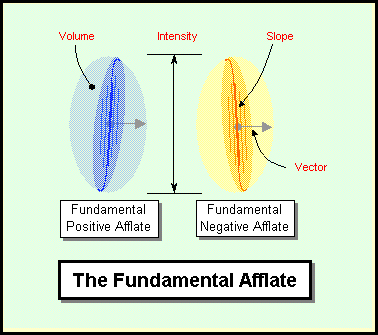Yes James, i know that because i did not have that opportunity during our previous discussion in JSSRM. I was merely trying to learn something from you in that thread, neither discussing nor arguing.
[u]It is neither in virtue nor in manners for a learner to argue with his master. The learner has to throw his all previous knowledge out of his mind in order to create intellectual vacuum in his mind, otherwise, he would never able to grasp his master in real terms.
But, when the master thinks and declares that his (learner) education has been completed, the learner would become master himself, and allowed to argue and even refute his teacher. It was a very established practice both in Sufism and Hinduism. But, disagreement does not entail disrespect. Though, western mindset finds this pill bit too hard to digest.[/u]
And, it also looks a bit oxymoron too that how the learner can challenge his master. But, it is necessary for the sake of intellectual liberty and further development of the knowledge.
That is true.
James, will is will, nothing else.
The will was pure initially. Will entails change or event and that requires time and space.
It was not inclined to anything, because, it was unable to do so as there was nothing available to fall for. But, being a will, it has to fall for something and thus, falls for itself. That is why and how it started to multiply itself and condensed (in the same way as RM predicts).
Will created attributes itself by condensing and then again, fell for those attributes.
Not at all James, not at all.
You are right when you say that will must come something that is doing the willing.
And, that is precisely what consciousness is as willing comes from it.
That is the only point where i differ from you because i take that source of will as the base ingredient, not will.
Consciousness, as the source of will or Affectance.
I understand and accept that too.
The only addition i want to make that it would be better if one can confirm his declaration by evidence, because it is possible.
To me, that is true definition and purpose of the religion and spirituality as the mean of physical verification of metaphysics.
James, i am not sure that the term will and its enactment gives right impression or not.
I would like to call it that entity, which is willing simply, or consciousness as a noun.
No James. I am not supposed to take the credit of that because i do not think that i deserve that by any means.
I am not who discovered it as it was known since 5000 years. I am just refreshing the issue and try to put all related and pertinent metaphysical issues into the perspective in order to make those easily and comprehensible to all, both with reasoning and evidence too.
I wish if destiny would ever allow me do that.
with love,
sanjay

